A clip in Beatles ’64 features Canadian media theorist Marshall McLuhan making a salient observation: “The chances of your understanding anything going on in your own time are very small, except through the means provided by artists. Artists are people who enjoy living in the present.” That perspective is both supported and disproven by the film’s candid access to John, Paul, George and Ringo — surnames not required — on the cusp of global superstardom during their first visit to America in 1964.
The band members are by no means oblivious to the seismic momentum of Beatlemania, becoming virtual prisoners at New York’s Plaza Hotel as it’s surrounded by a mob of screaming fans. And yet they remain at that time disarmingly innocent, almost incredulous — fundamentally still four goofy working-class lads from Liverpool with mop-top haircuts who appear to view the hysteria mostly as a lark. Only in interviews years later do they even come close to acknowledging that historic trip as a major milestone in their ascendancy.
Beatles '64
The Bottom Line A real-life rehearsal for 'A Hard Day’s Night.’
Release date: Friday, Nov. 29 (Disney+)
With: Paul McCartney, Ringo Starr, Ronnie Spector, Smokey Robinson, David Lynch, Ronald Isley, Jamie Bernstein, Joe Queenan, Jack Douglas, Danny Bennett
Director: David Tedeschi
1 hour 46 minutes
Fab Four documentaries have become a virtual cottage industry, to the point where you wonder if there’s anything left to add. But David Tedeschi’s film for Disney+ — produced by Martin Scorsese alongside surviving Beatles Paul McCartney and Ringo Starr and family representatives of John Lennon and George Harrison — has an ace up its sleeve. That’s the extensive fly-on-the-wall footage shot by direct cinema pioneers Albert and David Maysles over 14 whirlwind days, starting with the Beatles’ arrival at JFK International Airport in New York.
Originally commissioned for British television, this material first took shape as a half-hour program and then was expanded into a feature documentary that failed to get much attention due to bungled theatrical distribution. It’s more widely known as a recut 1991 version titled The Beatles: The First U.S. Visit — though despite the Maysles’ exalted status among cinephiles and the subjects’ enduring popularity, it has remained semi-obscure.
That seems astonishing when you see shots in which moments from 60 years ago still surge with vitality. I gasped at the poetry of a sequence captured from inside a car with the Beatles, as a young man pointing an 8mm camera at them races along the street beside the vehicle, and then gets left behind just as a cop on horseback comes into view.
Tedeschi worked with Scorsese as an editor on Rolling Thunder Revue, the two-part doc George Harrison: Living in the Material World and the short-lived scripted series Vinyl before graduating to co-director on 2022’s Personality Crisis: One Night Only, about musician David Johansen.
The director’s experience with music-related films serves him well here in an adroit assembly of Maysles footage (reinvigorated by a 4K restoration), archival material and contemporary interviews that contextualize the time capsule in ways both entertaining and enlightening.
The Beatles were already a huge deal in the U.K. and much of Europe when the U.S. trip was organized, planned around a live appearance on The Ed Sullivan Show that would be watched by a whopping 73 million viewers. But it’s almost an hour in before that American TV debut is shown, and even then, it’s given fairly cursory treatment.
There’s just as much focus on the cozy kitchen scene of a random family watching the broadcast, the eldest teenage daughter sitting up close, glued to the screen. That scene is mirrored by shots of Leonard Bernstein’s considerably more affluent family assembled in their living room for the same purpose, as daughter Jamie Bernstein recalls marshaling them all for the occasion.
Earlier, she’s among the fan commentators who tasted the electrifying atmosphere of the Beatles’ New York arrival firsthand. Musing six decades years later on all the squealing and hyperventilating excitement, Bernstein discusses the urgent, visceral need to express something primal, especially for adolescent girls early in the process of sexual self-discovery. Her father, a renowned music educator as well as a composer and conductor, was a conspicuous voice urging fretful Americans not to dismiss the music but to listen to what the songs had to say.
Early hits like “Love Me Do,” “She Loves You,” “I Want to Hold Your Hand,” “All My Loving” and “With Love From Me to You” were catchy bops with almost interchangeably simple, nonsexual lyrics that tapped directly into teenagers’ inchoate ideas of romance. Crowd footage speaks for itself in showing that the power of those songs to convey raw emotion transcended lines of race and class. In one favorite moment, a Juilliard student with an armful of classical music scores expresses disdain for rock ‘n’ roll but makes an exception for the Beatles.
But the band themselves were not always spared class snobbery. Lennon recalls being so disgusted by their treatment from staff at a British Embassy cocktail party in D.C. that he made a swift exit. McCartney adds: “We were working-class boys used to posh people looking down on us. But you know what? We didn’t give a flying fuck.”
The U.S. media was somewhat sniffy about the group, regarding them more as a youth fad than an important new music movement — let alone the highly influential, multigenerational game-changers they would become. One lifelong fan, writer Joe Queenan, sums up the fear shared by many adults that the Beatles had a subversive hold over their children. Why? “They’re encouraging us to have a good time.” Looking back at the criticism in a TV interview years later, Lennon says, “People have been trying to stamp out rock ’n’ roll since it started.”
The disapproval is exemplified by a pompous New Yorker interviewed on the street by young fans. He turns up his nose at the “lower middle-class, uneducated kids,” in his opinion ruled by distasteful sexual impulses: “I think the whole thing’s a little bit frightening and quite sick.”
This plays in marked contrast to the comments of feminists, including Betty Friedan in an archival interview, looking favorably on the Beatles for eschewing macho behaviors and showing softness. Writer Jane Tompkins says, “The whole notion of male versus female is not prominent. They’re sort of in-between.”
Despite all the screaming, a big part of the group’s appeal at the time was that they seemed so wholesome and sexually unthreatening. Their fabulous Mod wardrobe — slim-cut tailored suits with contrast lapels worn with crisp white shirts, skinny ties and Cuban-heeled boots — might have been frowned on by more conservative dressers, but at that pre-psychedelic point in the band’s evolution, they look like nattily dressed boys you could take home to meet the folks.
Vintage footage shows the guys hanging out in their suite at the Plaza, joking around with the film crew, doing phone interviews, responding with insouciant humor to inane questions in press encounters or cutting loose at the Peppermint Lounge. They’re affable even about the intrusiveness of Murray the K, an obnoxious New York radio DJ who insinuates himself into their circle and tries to serve as their conduit to America and vice versa.
But there’s also terrific film of the band performing, notably in their barnburner Washington Coliseum show. The energy and ebullience coming off the stage lights up the entire arena as they rip into “Roll Over Beethoven,” “I Saw Her Standing There” and “Long Tall Sally,” or ease into the more mellow doo-wop sound of the utterly gorgeous “This Boy.”
One concertgoer that night was David Lynch, who was in high school at the time. Hearing him talk with unabashed rapture about the intensity of the experience is unexpectedly moving: “A certain kind of music can swell the heart to almost burst. Tears of happiness flow out of your eyes. You can’t believe the beauty that comes, and it comes from these notes.”
Given that the Beatles’ first U.S. visit came less than three months after John F. Kennedy’s assassination, McCartney’s words in a present-day interview make sense: “Maybe America needed something like the Beatles to lift it out of mourning and just say, ‘Life goes on.’ The joy you see in these audiences is like being lifted out of sorrow.”
In addition to providing context for the Maysles footage, the contemporary input includes fun stories. Ronnie Spector, still sporting the biggest hair on the planet, recounts getting a call from Lennon asking to be rescued when they were trapped at the Plaza. Spector grabbed the other two Ronettes (they had met the Beatles while doing gigs in England) and headed down there to eat finger sandwiches on the floor and spin 45s, before whisking them down the back stairs and uptown in a limo to eat barbecue in Spanish Harlem, where they were delighted to go unrecognized.
Music producer Jack Douglas recalls being compelled by the Merseybeat sound to travel by ship to Liverpool, where he and his fellow musician buddy were stopped by immigration in the port. With no visas permitting them to perform, they were confined to the boat, but Douglas got a local newspaper interested, prompting a swell of support on their behalf and a moment of musical glory before they were deported. Decades later, he was working as an editor on Lennon’s Imagine album; the Beatle remembered the incident of “the two Yanks” and instantly promoted him to engineer.
Spector recalls the Beatles’ insatiable hunger to know everything about the musicians they loved, including Chuck Berry, Little Richard and the Marvelettes, while other Black artists of the period like Smokey Robinson and Ronald Isley note that segregation was still a big factor, especially in the South.
Isley says he got a kick out of watching the Beatles cover the Isley Brothers hit “Twist and Shout” on Ed Sullivan but questions why his band wasn’t on the show performing it themselves. Robinson gets emotional about first hearing the Beatles’ recording of his song “You’ve Really Got a Hold on Me,” then returns the compliment in 1968, when he and the Miracles were Sullivan’s guests. They sang “Yesterday,” transformed into something akin to a spiritual with heavenly harmonies. (If you’ve never heard this, get thee to YouTube; it’s a revelation.)
Tedeschi’s film is a declaration of love for the Beatles, but what distinguishes it is its curiosity about the America of that time, beyond the bubble of the four Scousers who can hardly believe they’re drinking cocktails in Miami. Fittingly, Beatles ’64 is dedicated to the Maysles brothers. Their rough-and-ready vérité shooting style creates an intimacy with the subject that deepens the emotional response to music that for many of us is ingrained in our DNA.

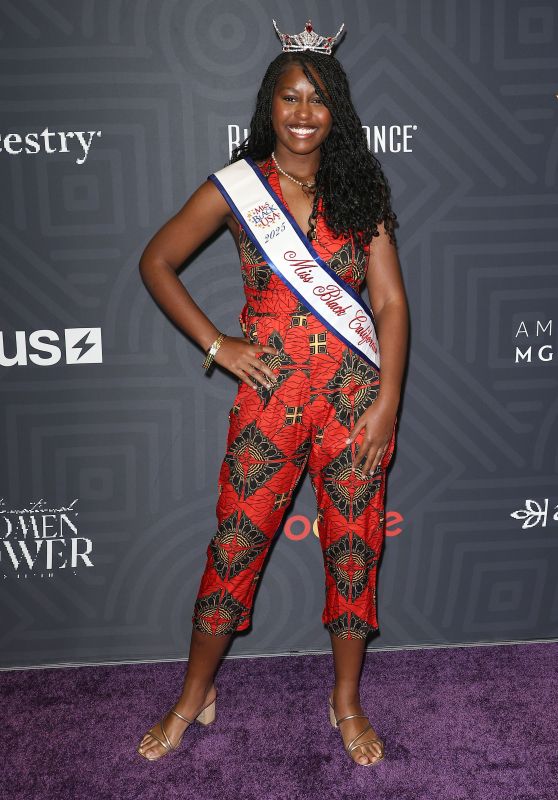
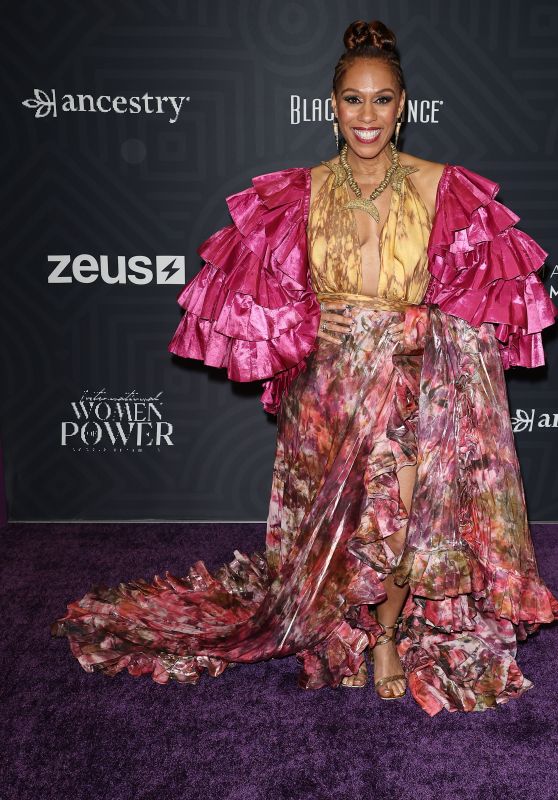
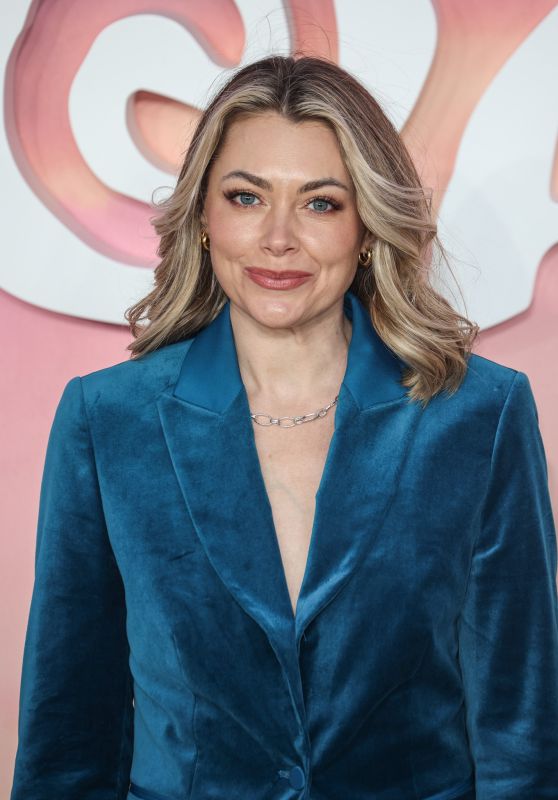
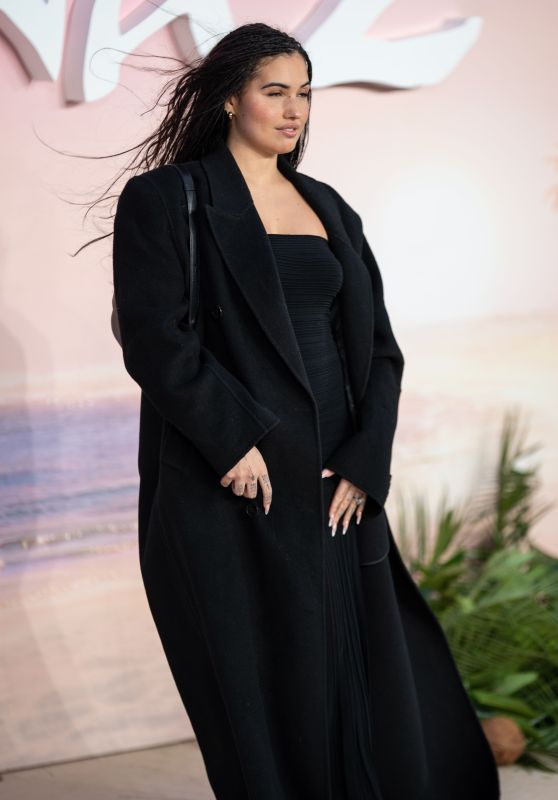
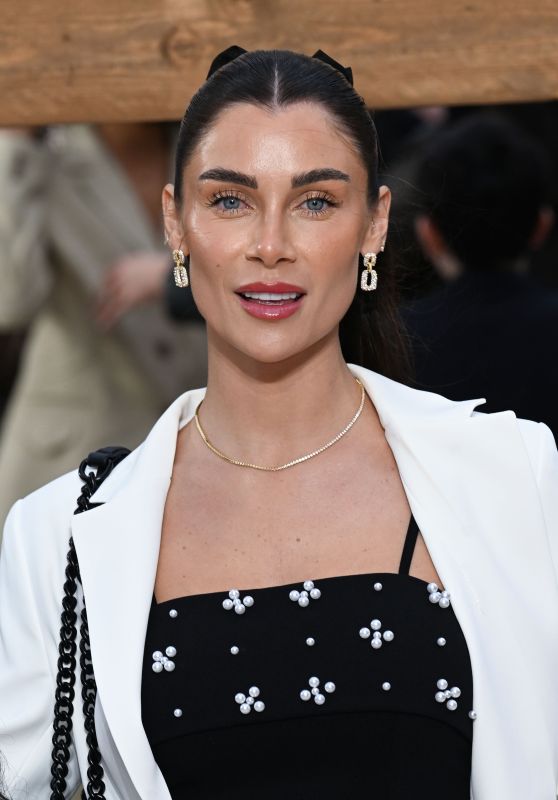

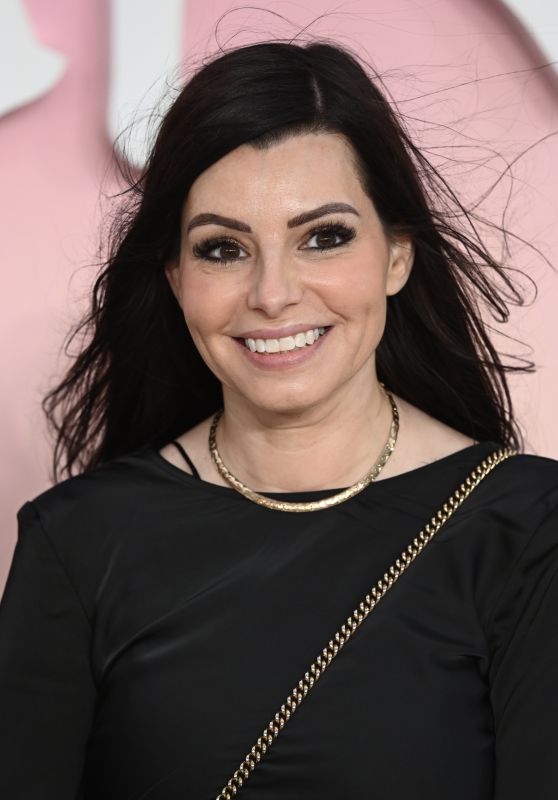
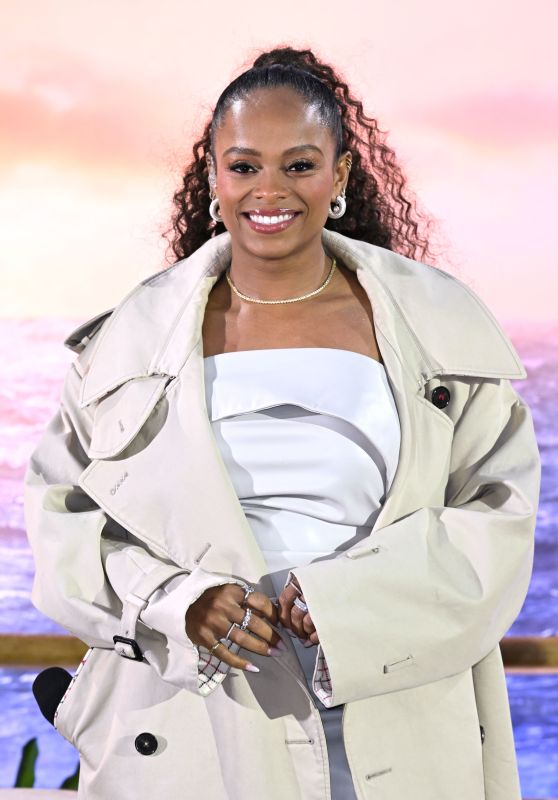

![Claire Sweeney Enjoys Paddington Bear Experience in London [11-24-2024]](https://celebmafia.com/wp-content/uploads/2024/11/claire-sweeney-enjoys-paddington-bear-experience-in-london-11-24-2024-3_thumbnail.jpg)
![Cristina Comencini at Vanity Fair Stories Event [11-23-2024]](https://celebmafia.com/wp-content/uploads/2024/11/cristina-comencini-at-vanity-fair-stories-event-11-23-2024-3_thumbnail.jpg)







 English (US) ·
English (US) ·